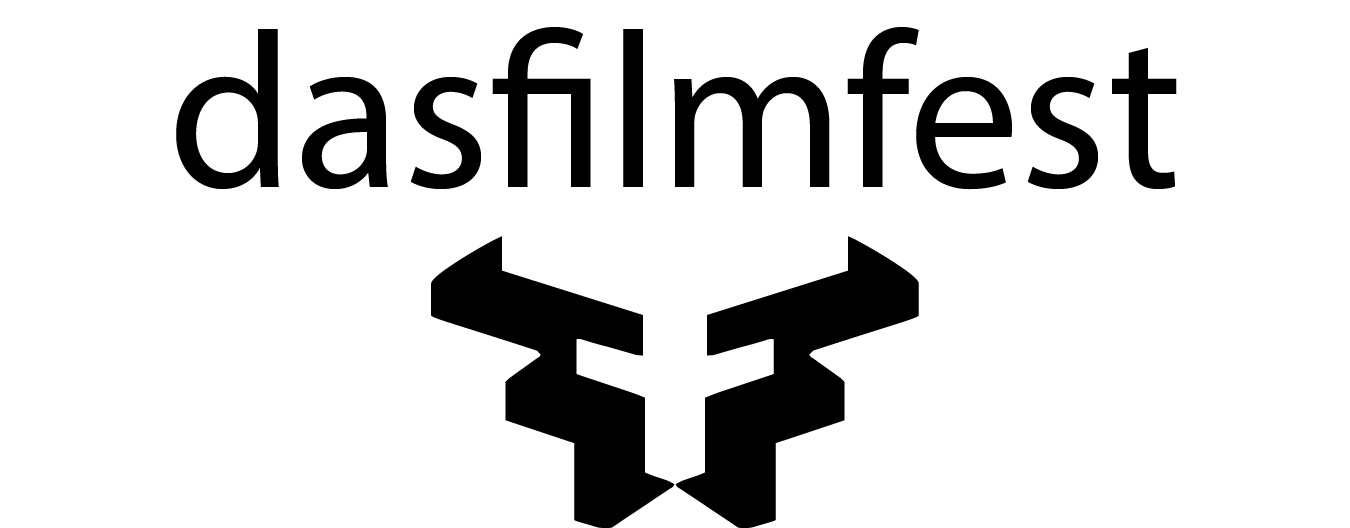DER SCHWARZE KANAL
Der schwarze Kanal (The Black Channel) was a series of political propaganda programs aired weekly between 1960 and 1989 by East German state television broadcaster DFF. A perfect name for our line-up of films that are currently playing or coming soon.
MARCH: THE SHEPHERD AND THE BEAR
USA/UK/France | 101 min. | 2024 | English
Director: Max Keegan
Set high in the majestic French Pyrenees, THE SHEPHERD AND THE BEAR explores a conflict provoked by the reintroduction of brown bears in the midst of a traditional shepherding community. The film follows an aging shepherd who struggles to find a successor as bears prey on his flock, and a teenage boy who becomes obsessed with tracking the bears. Through its breathtaking cinematography and immersive storytelling, THE SHEPHERD AND THE BEAR is a modern folktale about tradition, community and humanity’s relationship with a vanishing natural world.
FEBRUARY 13: THE VOICE OF HIND RAJAB
This screening is supported by the School of Language Culture and Society, ASOSU, Women, Gender, and Sexuality Studies Program and funded by the Mellon Foundation. A $5 donation is suggested.
Tunisia/France | 95 min. | 2025 | Arabic with English subtitles
Director: Kaouther Ben Hania
In this gripping movie based on real-life events, Red Crescent volunteers work to rescue a child named Hind Rajab trapped in a car under Israeli fire in Gaza. Writer and director, Kaouther Ben Hania, carefully constructs a relentlessly-paced narrative around the archival audio of the distress call. Additional documentary footage from the day is intelligently woven into the world of the film alongside compelling performances by Saja Kilani and Motaz Malhees as the rescue operators who speak to Hind. One of the year’s most unforgettable movies, THE VOICE OF HIND RAJAB is a breathtaking and complex work of docu-fiction.
